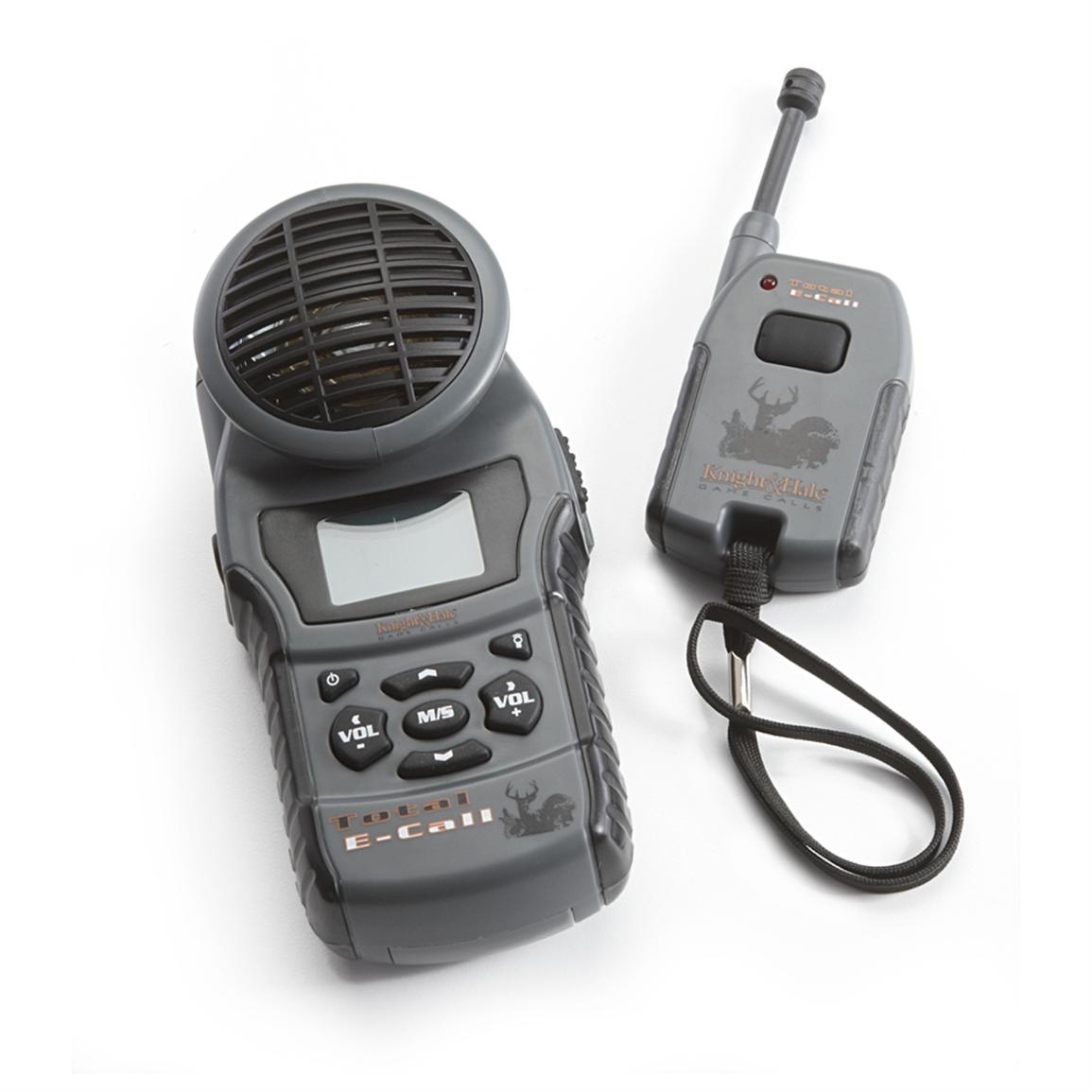 HARRISBURG, PA - The Pennsylvania Game Commission tested 5,707 deer and 110 elk for Chronic Wasting Disease (CWD) during 2016.
HARRISBURG, PA - The Pennsylvania Game Commission tested 5,707 deer and 110 elk for Chronic Wasting Disease (CWD) during 2016.Twenty-five wild deer tested positive for CWD. All of the wild CWD-positive deer were in or near Disease Management Area 2 (DMA 2), the only area of the state where CWD has been detected in the wild. These 25 deer more than doubled the number of CWD-positive deer detected in DMA 2 from 2012 to 2015.
Through 2016, 47 wild deer have tested positive for CWD in DMA 2.
Each year, the Game Commission collects CWD samples from hunter-harvested animals, road-kills, escaped captive cervids, and any cervid showing signs of CWD.
Since 2002, the Game Commission has tested over 61,000 deer for CWD. Although samples are collected from across the state, efforts were increased within the three Disease Management Areas (DMAs), which are areas in the state where CWD has been identified in wild and/or captive deer. These include: DMA 1 in parts of Adams and York counties in which CWD was identified on a captive deer farm in 2012; DMA 2 in parts of Bedford, Blair, Somerset, Fulton, Cambria, and Huntingdon counties where CWD has been identified in multiple wild deer since 2012 and recently on three captive deer facilities; and DMA 3 in Jefferson and Clearfield counties where CWD was detected on two captive deer facilities in 2014.
The 25 new CWD-positive wild deer were part of 1,652 deer samples collected within DMA 2 during 2016. CWD-positive deer included 13 road-killed deer, 10 hunter-harvested deer, and two deer showing signs consistent with CWD.
No CWD positive wild deer were detected in DMA 1, DMA 3, or the remainder of the state in 2016 or in any previous year.
During late 2016 and early 2017, CWD also was identified on three captive deer farms in the southcentral part of the state in Bedford, Fulton, and Franklin counties. These are the first detections of CWD-positive captive deer within DMA 2. Additional information on these recent positives in captive cervids and the CWD surveillance and response program in captive deer can be found through the Pennsylvania Department of Agriculture.
As a result of new detections in wild deer and cervid captive facilities, DMA 2 boundaries will be expanded, though the changes are not yet final. The eastward expansion will include the area around the captive facility in Franklin County where a CWD-positive deer was detected.
Within DMAs, special regulations are in place to reduce the risk of CWD spreading to other areas. These regulations include restrictions on transporting deer carcasses, feeding deer, and use of urine-based deer lures.
CWD not only is a threat to Pennsylvania’s deer, but also the elk herd; however, no positives have been detected in our elk herd to date. During 2016, 110 wild elk were tested for CWD, including hunter-harvested animals and elk exhibiting clinical signs consistent with CWD.














